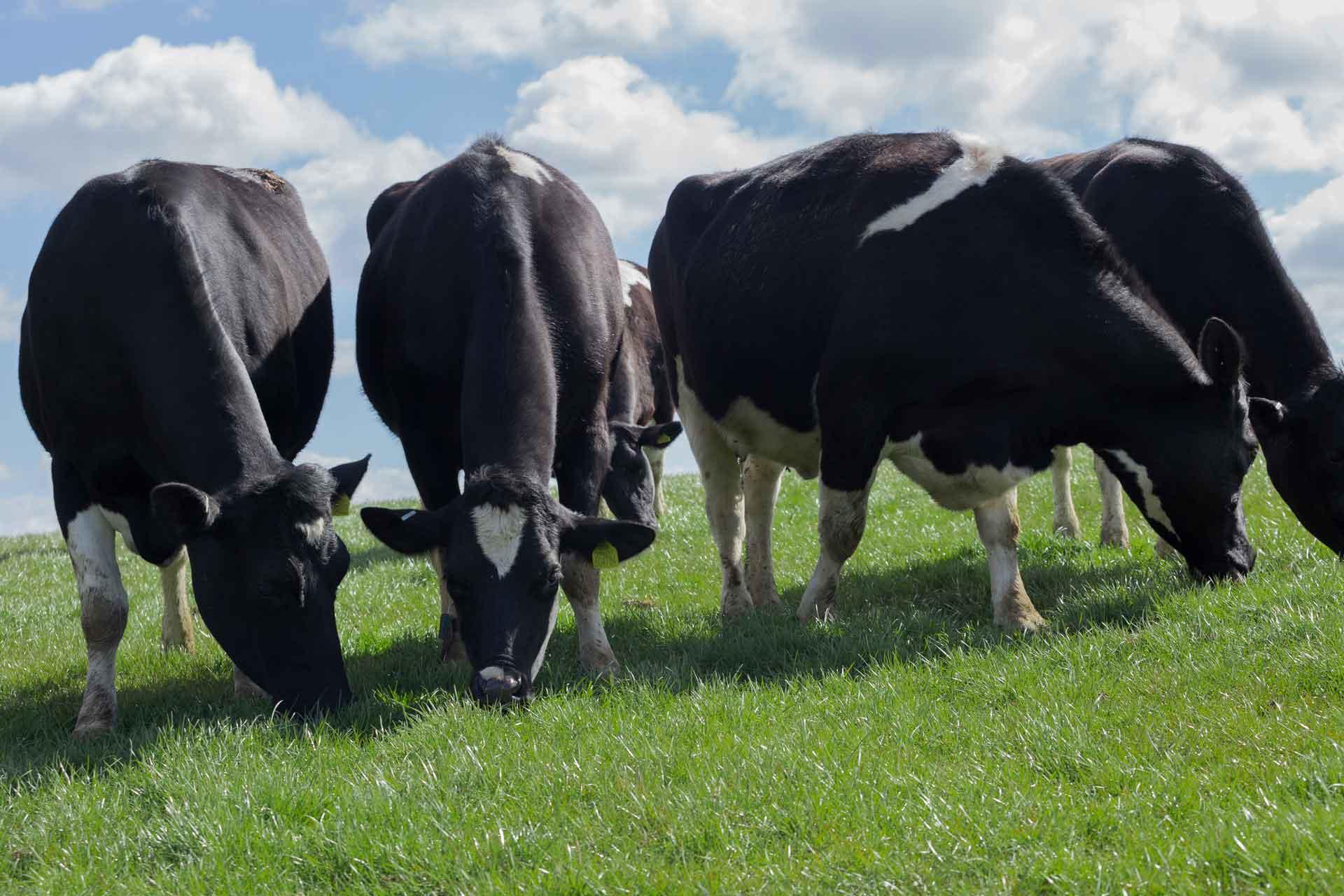Scientists at The Pirbright Institute have played a key role in providing assurance that the UK remains free from bluetongue following the positive test results of four cattle which had moved from France into the north of England and Scotland in October 2017 without sufficient vaccination proof.
BTV causes a disease in farmed animals such as sheep, goats and cattle and the disease and related movement restrictions can have a major impact on livestock production. Areas of northern Europe, including France, have been affected by BTV since 2006. While the UK remains free of BTV, accurate surveillance carried out on live animal consignments moving from neighbouring countries affected by BTV transmission is vital. In the UK this is carried out by the European Reference Laboratory for BTV based at Pirbright, which identified the infected cattle shipped from France in October 2017.
These cases of BTV were immediately confirmed, and Pirbright’s experts in the transmission and spread of the virus worked closely with partners at the Animal and Plant Health Agency (APHA), Scottish Government and Defra to advise when and where secondary surveillance should be carried out to detect possible onwards transmission.
Dr Carrie Batten, Head of the Non-Vesicular Disease Reference Laboratory at Pirbright, said: ‘Responding rapidly and with a high degree of certainty guaranteed by validated tests is a key component in reducing the impact of these events. These events highlight the challenges to the UK of living with viruses in neighbouring countries and emphasise that joined up approaches to sharing information are vital’.
To estimate the timing of onwards transmission, scientists looked at several factors that can influence how BTV is spread, including seasonal changes in the population size of adult female Culicoides biting midges (which spread the virus) and the temperatures at which the virus can replicate. Then, the Reference Laboratory at Pirbright processed hundreds of samples from cattle sent from the areas which received the animals to demonstrate there was no further transmission.
Professor Melanie Welham, BBSRC Chief Executive, said: “The work carried out by the team at Pirbright is a great example of how biological research plays an important and everyday role in protecting the UK and the importance of our continued support for bioscience and collaboration”.
